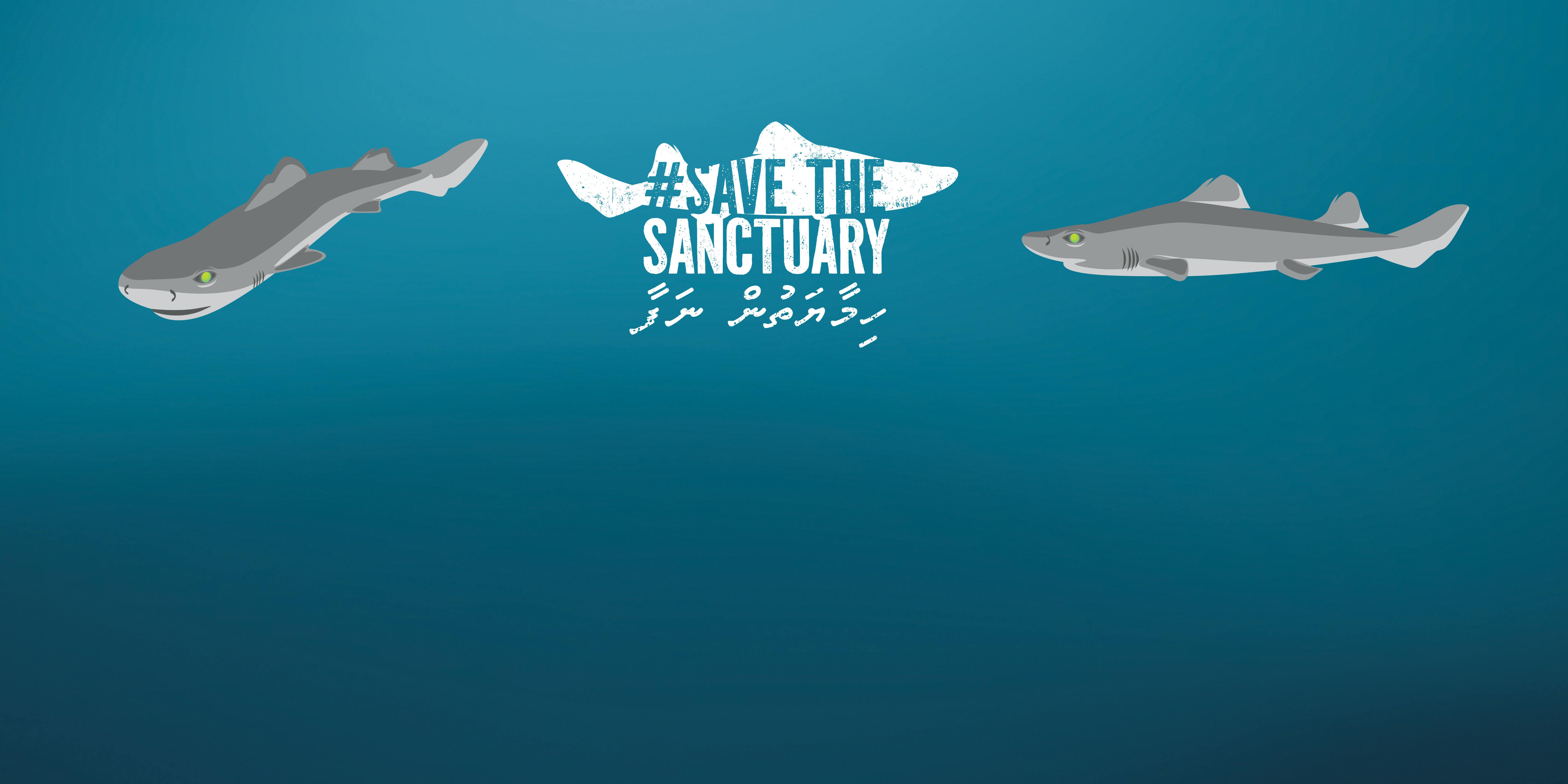Imagine diving into the crystal-clear waters offshore of Miami, only to find yourself surrounded by a scene of devastation. A moonscape. The water, once teeming with life, is clouded with sediment, and vibrant coral reefs are now buried beneath a layer of sand. This is the grim reality made manifest by the PortMiami dredging project that occurred from 2013 to 2015. The project resulted in catastrophic damage to adjacent coral reefs, triggering legal action by Miami Waterkeeper and co-plaintiffs. Despite the dredging company’s initial attempts to downplay the environmental impact, subsequent scientific research uncovered extensive coral mortality, and the National Oceanic and Atmospheric Administration has now released a report that supports our finding that millions of corals were likely killed and at least 278 acres of the Florida Reef Tract were severely impacted.
The Maldives is one of 17 shark sanctuaries in the world and the only one in the Indian Ocean. But this sanctuary is now at risk.
In November 2025, the Maldivian government plans to reopen gulper shark fishing and legalise vertical longlining, a move that risks not only biodiversity and food security, but also the Maldives’ global reputation as a leader in ocean protection.
Gulper sharks are among the slowest-reproducing sharks on Earth, taking more than two decades to mature and give birth to just one or two pups every few years. When gulper shark fisheries last operated in the Maldives, they collapsed in only a few years, wiping out more than 90 per cent of the population. To date, there is no evidence the species has recovered.










